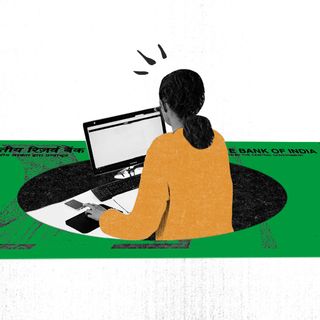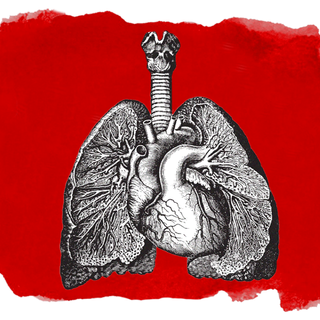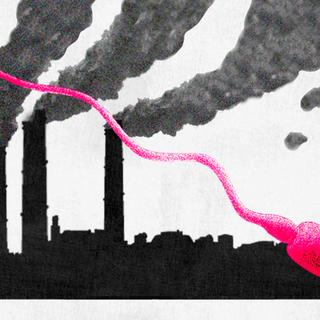If you have been planning to pack your bags and move to Finland, Denmark, or closer to home in Bhutan, in pursuit of happiness, there’s news for you. Countries that lead in terms of national happiness rankings aren’t all that happy, according to a new study.
Published in Scientific Reports last week, the study found that in countries ranking the highest in annual happiness indices, people are quite likely to experience poor wellbeing. The reason behind it, ironically, is the social pressure they feel to be happy.
“In these countries, feeling happy can easily be viewed as the expected norm. This adds to the social pressure people feel to adhere to this norm, and exacerbates the fallout for those who fail to achieve it… being surrounded by a sea of happy faces may aggravate the effects of already feeling socially pressured to be happy,” Brock Bastian and Egon Dejonckheere, co-authors of the study, wrote in The Conversation.
“So living in happier countries may be good for many. But for some, it can end up feeling like too much to live up to, and have the opposite effect,” they explained.
The researchers surveyed 7,443 people from 40 countries and weighed their emotional wellbeing, satisfaction with life, and mood against the social pressure to “feel positive” they encountered in life.
Related on The Swaddle:
Why Are Indians So Unhappy?
The results highlighted how the “pressure to experience happiness and avoid sadness, [lead to] deficits in mental health… [as a result of] more negative emotion, less positive emotion and higher levels of depression, anxiety, and stress.”
However, the study doesn’t mean that people in countries that lead happiness indices are constantly moping — on average, they may indeed be “happier.” What this study, however, does is reveal the dark side to living in “happy” countries. It also shows what the culture of prioritizing happiness to an extent that we ignore all other emotions can do to our wellbeing.
Evidently, “toxic positivity” is far more widespread than we thought — and as toxic to people’s wellbeing everywhere else as in India. When workplaces, peer groups, national sentiments, or in the case of India, communications from the government begin promoting it, feeling negative emotions can feel like “weakness” or “failure” — worsening one’s emotional wellbeing.
“Persistent reminders to reflect on ‘how good we have it’ in the midst of strife and struggle don’t make sadness, fear, or anxiety dissipate… Instead, suppressing negative emotions can actually make us feel worse,” an article on BBC states.
Bastian and Dejonckheere believe their research underlines the need to change how we measure happiness. “We already know that flourishing in life isn’t just about positive emotion, but also about responding well to negative emotion, finding value in discomfort, and focusing on other factors such as meaning and interpersonal connection… Perhaps, it’s time to rank countries not only by how happy they are, but how safe and open they are to the full range of human experiences,” they concluded.




